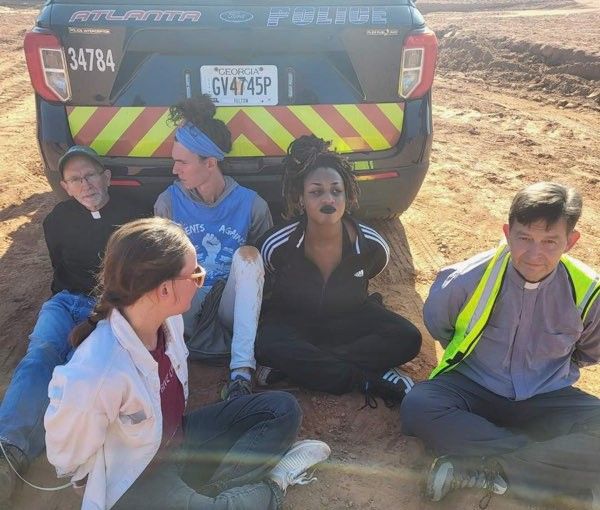Democratic Sen. Joe Manchin and congressional Republicans faced fresh backlash on Tuesday after the U.S. Census Bureau released new data showing that the nation's child poverty rate more than doubled in 2022 compared to the previous year, thanks in large part to the expiration of the boosted Child Tax Credit.
The expanded CTC, an American Rescue Plan (ARP) policy that sent eligible families up to $300 per month for each child and eliminated the original CTC's regressive phase-in, helped push the U.S. child poverty rate to a record low of 5.2% in 2021.
But the program expired at the end of that year after Manchin (D-W.Va.), who supported the ARP, opposed an extension, baselessly claiming that some parents would use the money on drugs instead of their children. (Survey data showed that most families, including those in West Virginia, used the money to buy food and help with rent, along with other essentials.)
"Joe Manchin's legacy includes artificially manufacturing child poverty for no reason other than his callous disregard for human beings," the Debt Collective wrote on social media.
Congressional Republicans, who unanimously opposed the ARP, also rejected calls to support an extension of the boosted CTC, part of a broader pandemic-era safety net that is now collapsing.
The result of the program's expiration, as predicted, was a devastating surge in child poverty. According to the new Census Bureau data, the child poverty rate rose to 12.4% in 2022—the largest single-year increase on record.
The overall U.S. poverty rate also increased, rising from 7.8% in 2021 to 12.4% last year. More than 37 million people in the U.S. lived in poverty in 2022, the Census Bureau said.
"Today's stunning rise in poverty is the direct result of policy choices—including Congress' decision to allow the successful Child Tax Credit expansion to expire," said Sharon Parrott, president of the Center on Budget and Policy Priorities. "Policymakers should expand the Child Tax Credit this year and reverse this troubling trend."
If Congress had kept the expanded CTC in place last year, Parrott noted, 3 million additional kids would have been kept out of poverty, "preventing more than half of the 5.2 million increase in the number of children in poverty last year."
"The child poverty rate would have been about 8.4% rather than 12.4%," Parrott said.
Elise Gould and Ismael Cid-Martinez of the Economic Policy Institute echoed Parrott's assessment, saying in a statement that "if policymakers were willing to maintain the pandemic-era CTC expansions, a much smaller share of children would be living in poverty."
"More ambitious—but economically sustainable—expansions of our generally stingy welfare state could essentially eliminate poverty completely," they added. "We know this vision isn't politically realistic in the short run, but the policy lessons of 2020 and 2021 should not be lost with today's report."
In his response to the new data, President Joe Biden placed the blame for the child poverty increase entirely on Republican lawmakers, not mentioning that Manchin's opposition was ultimately decisive in the evenly divided Senate in 2021.
"Today's Census report shows the dire consequences of congressional Republicans' refusal to extend the enhanced Child Tax Credit, even as they advance costly corporate tax cuts," Biden said. "We cut child poverty by nearly half to record lows for all children in this nation largely by expanding the Child Tax Credit. Last year, Congressional Republicans insisted on raising taxes on families with children. The rise reported today in child poverty is no accident—it is the result of a deliberate policy choice congressional Republicans made to block help for families with children while advancing massive tax cuts for the wealthiest and largest corporations."
Shortly after the Census Bureau published its data, Semafor reporter Joseph Zeballos-Roig asked Manchin whether he's had second thoughts about opposing an extension of the CTC boost now that its expiration has produced a record increase in child poverty.
"It's deeper than that, we all have to do our part," Manchin replied. "The federal government can't run everything."
The West Virginia senator said he had yet to see the new poverty figures.
Sen. John Fetterman (D-Pa.) said in a statement that the new Census data "is just completely heartbreaking and deeply disappointing."
"It's also a specific choice," Fetterman added. "A spike in child poverty like this didn't need to happen. Congress had the chance to extend these programs that would keep our children fed and boost working families out of poverty. But it didn't. It's shameful. In the richest country in the world, no child should have to go through this. And now it's on us to fix this problem that shouldn't have been created in the first place."
This story has been updated to include a statement from Sen. John Fetterman.
This article originally appeared at CommonDreams.org on September 12th, 2023.
.png)
.png)
.png)





